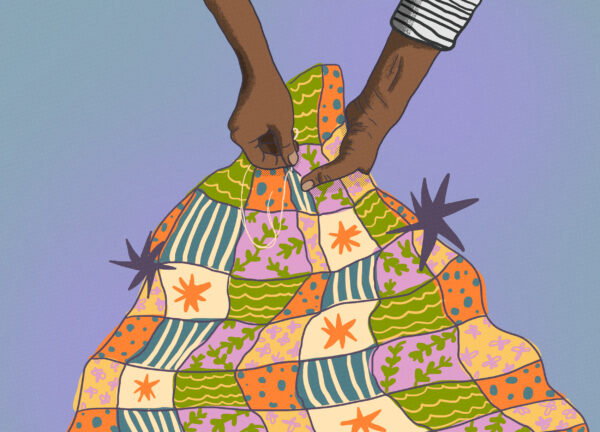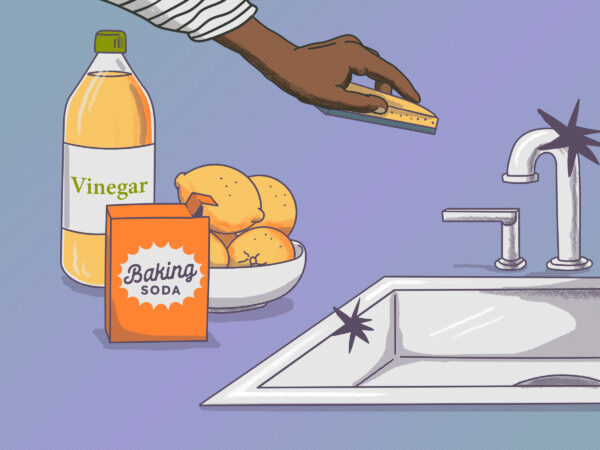1
Reuse

Single-use items frequently end up in landfills–non-recyclable plastic breaks down into microplastics, which contaminate and pollute our and other animals’ food and water sources. Numerous Latine families have the proverbial drawer or cabinets chock-full of single-use plastic bags collected from stores. However, many have found practical ways to reuse them for different purposes e.g. for trash, to carry items for future shopping trips, for storage, etc.
Reducing or banning single-use plastic altogether to support a more environmentally-conscious culture may be a future goal and several Indigenous-Latine societies have had a jumpstart on that as well. Traditional ixtle-fiber reusable shopping bags, created by the Hñahñu people of Mexico are made from the Maguey plant and are often sported for outings to the Mercado.



